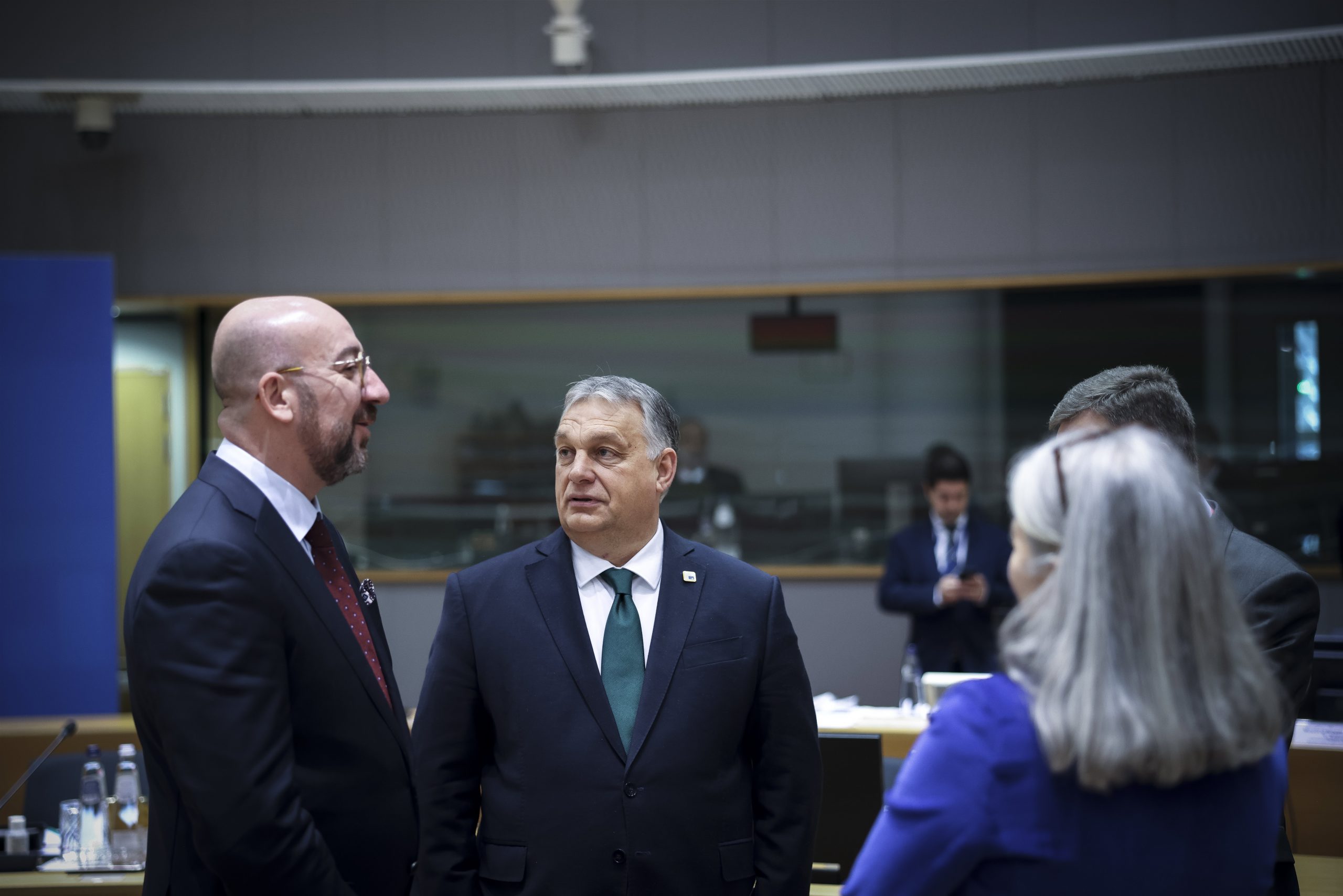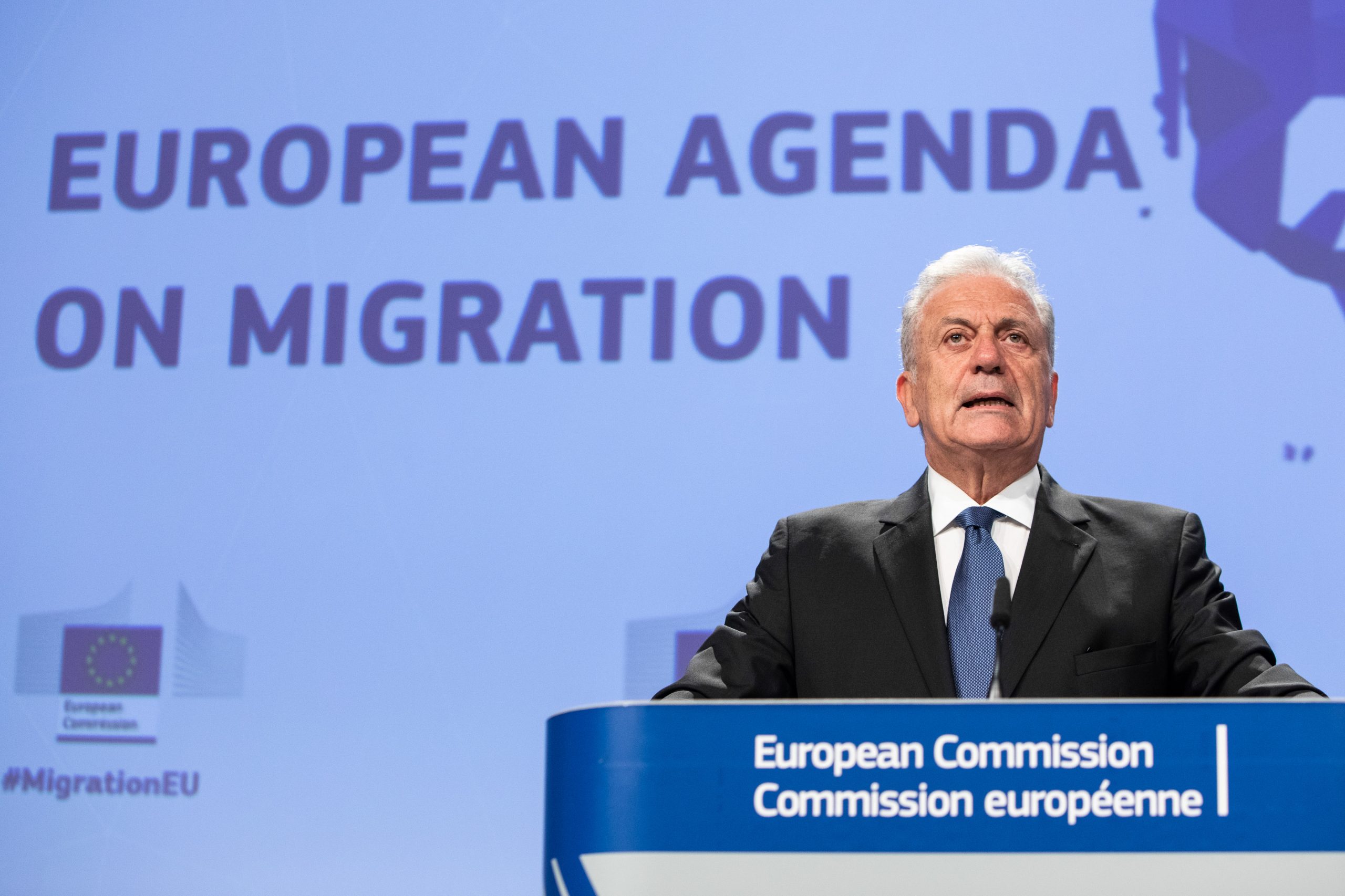
The Prime Minister reacted after a number of people were implicated in a corruption scandal involving members of the European Parliament.Continue reading

The Hungarian media is watching with interest the newest developments of the Qatargate corruption scandal. Former Commissioner Dimitris Avramopoulos has been in dispute with the Hungarian government on several occasions.
European Commission President Ursula von der Leyen launched an urgent inquiry into the links between the current members of the Commission and former Commissioner for Migration and Home Affairs Dimitris Avramopoulos.
The Greek official has also been caught up in the so-called Qatargate corruption scandal in Brussels, Politico reports.
Avramopoulos is not an unknown name in Hungary, and the former commissioner has been in dispute with the Hungarian government on several occasions, primarily on the issue of migration.
At the end of 2018, the governing Fidesz’s delegation in the European Parliament turned to Jean-Claude Juncker, then president of the European Commission, asking when he would replace Avramopoulos, whom they said was incompetent for his role.
In an interview, Fidesz MEP Tamás Deutsch described the Greek commissioner as extremely pro-immigration. The politician criticized Avramopoulos for wanting to take the right of border protection out of the hands of EU Member States and arguing in favor of supporting immigration in contravention of EU rules and decisions.
The Greek commissioner also criticized the Hungarian government for rejecting a quota for the distribution of migrants for the fence built on the southern border, and for “untruths” about the European Commission in a government poster campaign. Durnig the migration crisis of 2015-16, Avramopoulos argued repeatedly for the protection of “European values.”
The Hungarian conservative side is following the Qatargate scandal with keen interest because of the irony of the situation, as the European Commission is demanding stricter rules from the Hungarian government against corruption, supposedly because the Hungarian government has repeatedly spoken out in recent years about the dubious role of NGOs in EU politics.
Featured photo via the European Commission